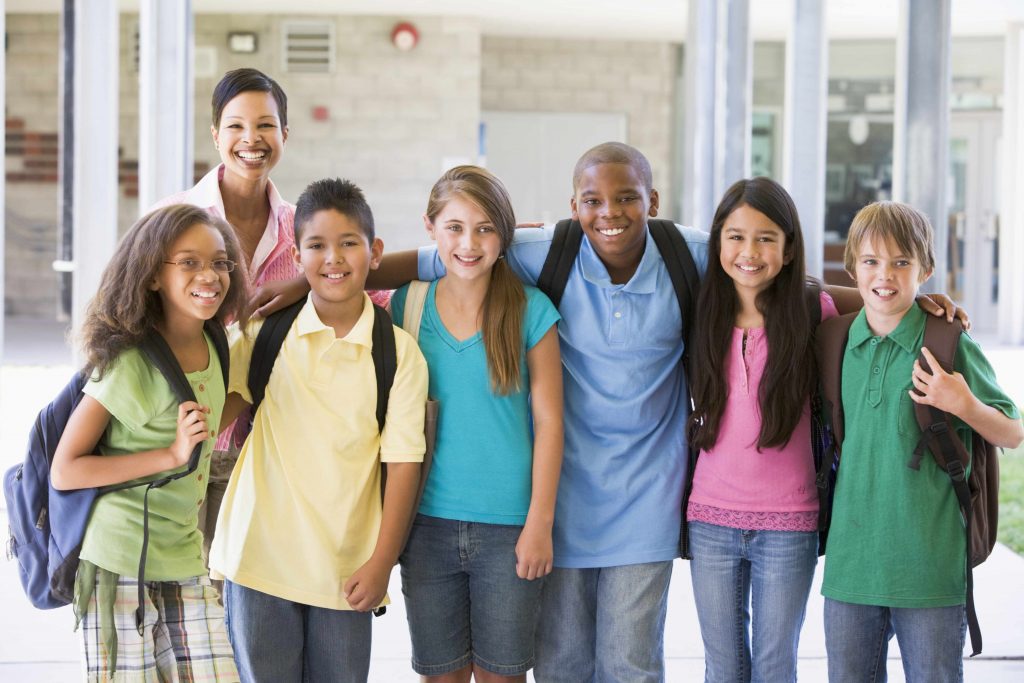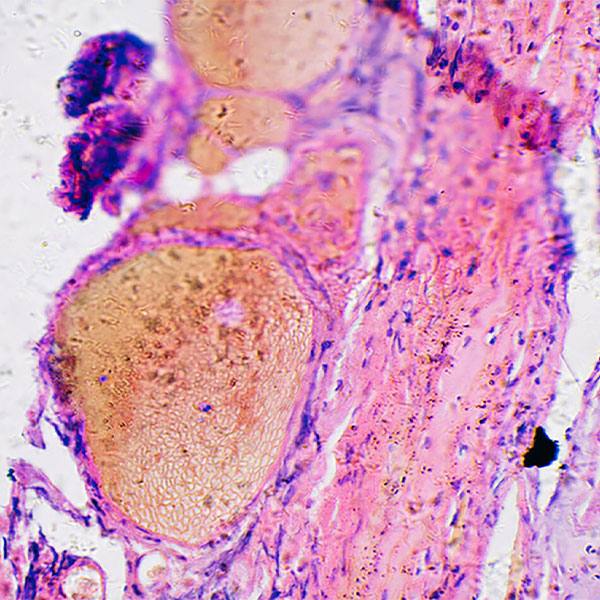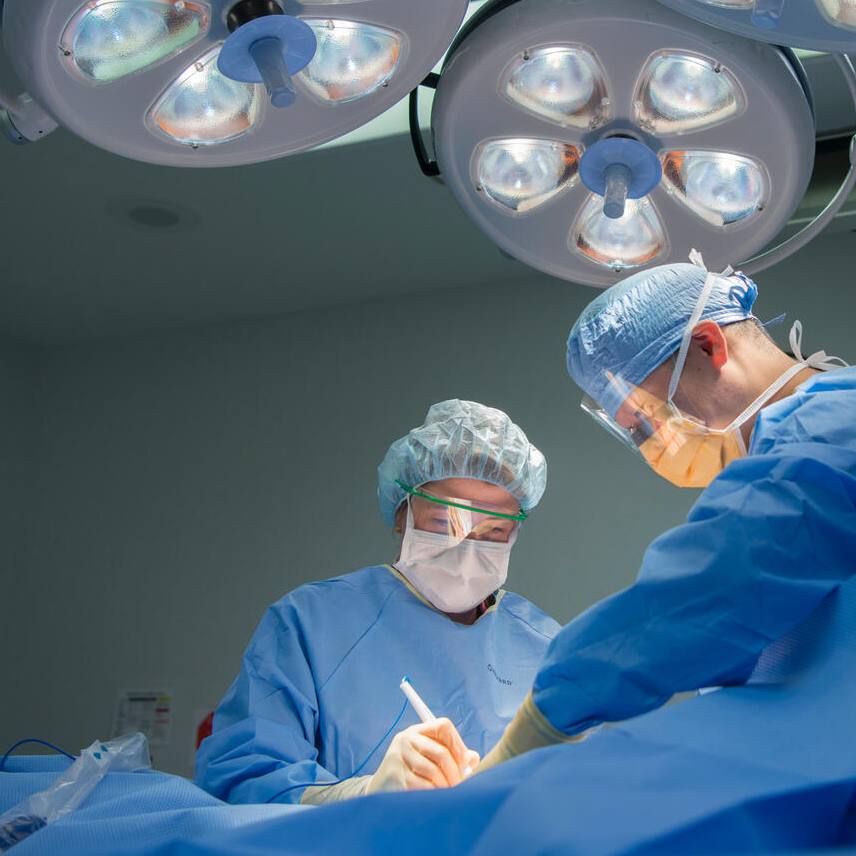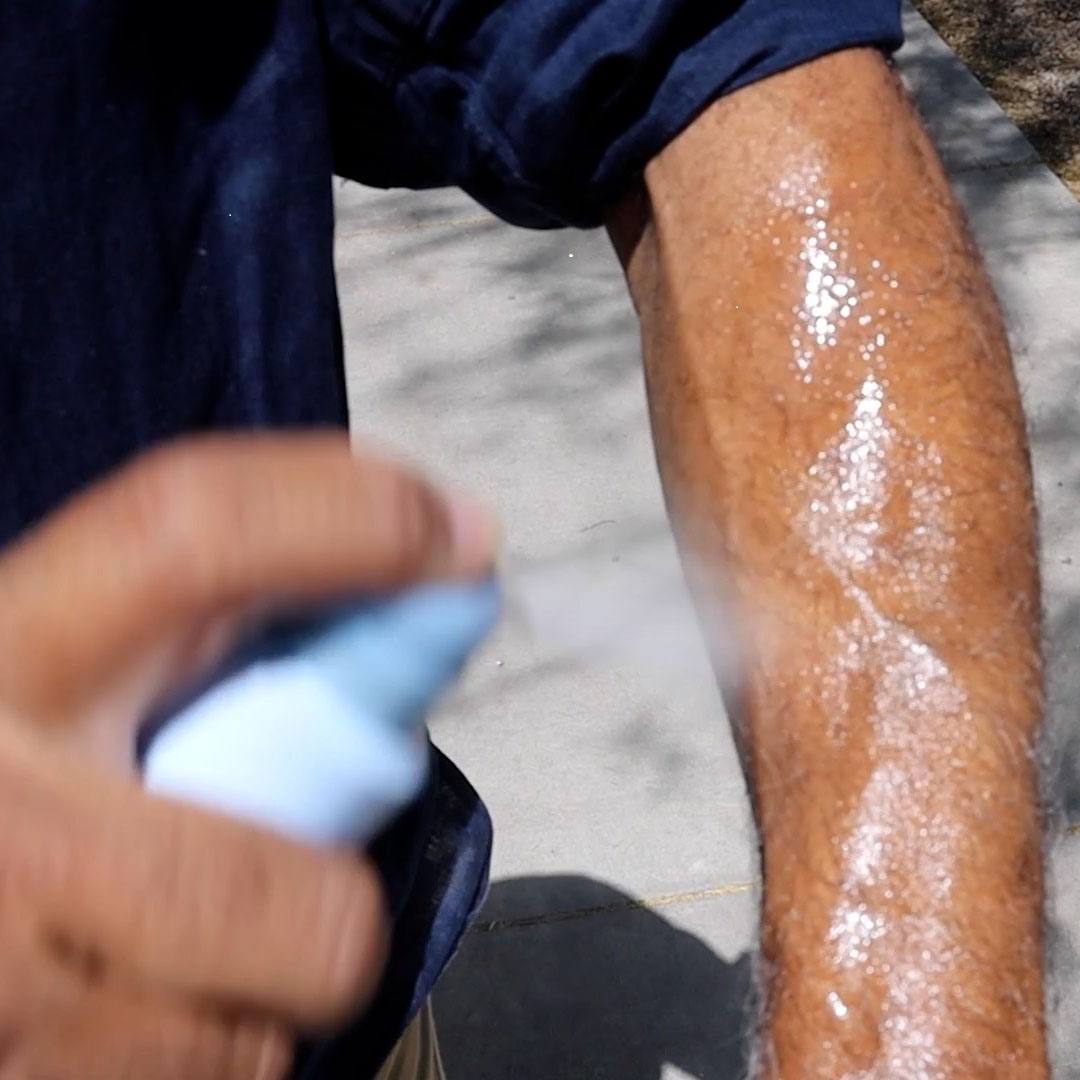-
Cancer
Mayo Clinic Q and A: Change to HPV vaccine guidelines for children younger than 15

DEAR MAYO CLINIC: I recently took my 12-year-old daughter to the doctor for her third HPV vaccination and was told the third shot no longer is required. Why did this change? Also, why doesn’t the HPV vaccine work for people older than 26?
ANSWER: Updated guidelines recently published for the human papillomavirus, or HPV, vaccine remain largely the same as the previous recommendations. But, as your doctor told you, there has been a change from three to two required shots in most healthy children ages 9 to 14.
The HPV vaccine has proven to be a safe and effective way to prevent HPV infection. But the vaccine does not effectively treat an existing infection. So the best time for girls and boys to get the vaccine is before they are exposed to the virus. That means they ideally should have it before they become sexually active. The vaccine is not recommended for those older than 26, because, theoretically, the immune response to it after that age is low and most people have been exposed to the virus by that age. These factors make the vaccine much less effective than it is at younger ages.
HPV is the most common sexually transmitted infection in the U.S. An estimated 14 million people get the HPV infection every year. Although most cases of HPV do not cause symptoms or lead to problems, certain strains of HPV are dangerous sexually transmitted viruses that can lead to cancer and potentially death.
Two strains of the virus cause 70 percent of all cervical cancer. Once cervical cancer develops, it is very difficult to treat, and it is often life-threatening. Up to one-third of the women who have cervical cancer that doesn’t spread still die of the disease, and once it spreads beyond the cervix, few people are cured of cervical cancer.
HPV infections also can lead to other genital and anal cancers in females, as well as penile and anal cancers in males. In addition, HPV can cause oral and throat cancer, as well as genital warts in men and women.
The vaccine is most effective and has been most extensively studied in children between 9 and 14. During that time, the immune system response to the vaccine is robust, providing excellent protection against HPV. It is in this age group that studies show a two-dose series of HPV vaccinations — with the second dose given six to 12 months after the first — is just as effective as a three-dose series. Based on that, in its new global HPV vaccination guidelines, the American Society of Clinical Oncology changed the recommendation from three shots to two for both girls and boys ages 9 to 14.
For people who receive their first shot of the vaccine between the ages of 15 and 26, the American Society of Clinical Oncology still recommends the three-dose series. That’s because studies comparing two versus three doses have not been completed in that age group, and the immune system response to the vaccine in people at that age may not be as strong. There is limited experience with the vaccine beyond age 26.
The bottom line is that the HPV vaccine is a safe, effective anti-cancer vaccine that can protect a child’s health long-term and prevent a number of life-threatening cancers. Mayo Clinic strongly recommends the HPV vaccine for girls and boys. — Dr. Gerardo Colon-Otero, Hematology/Oncology, Mayo Clinic, Jacksonville, Florida







